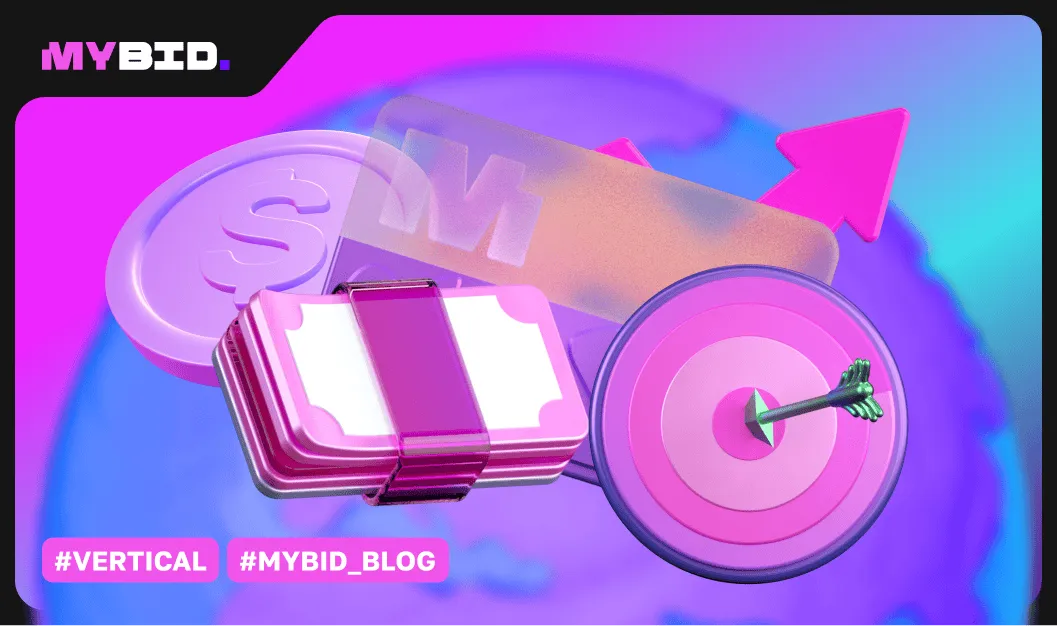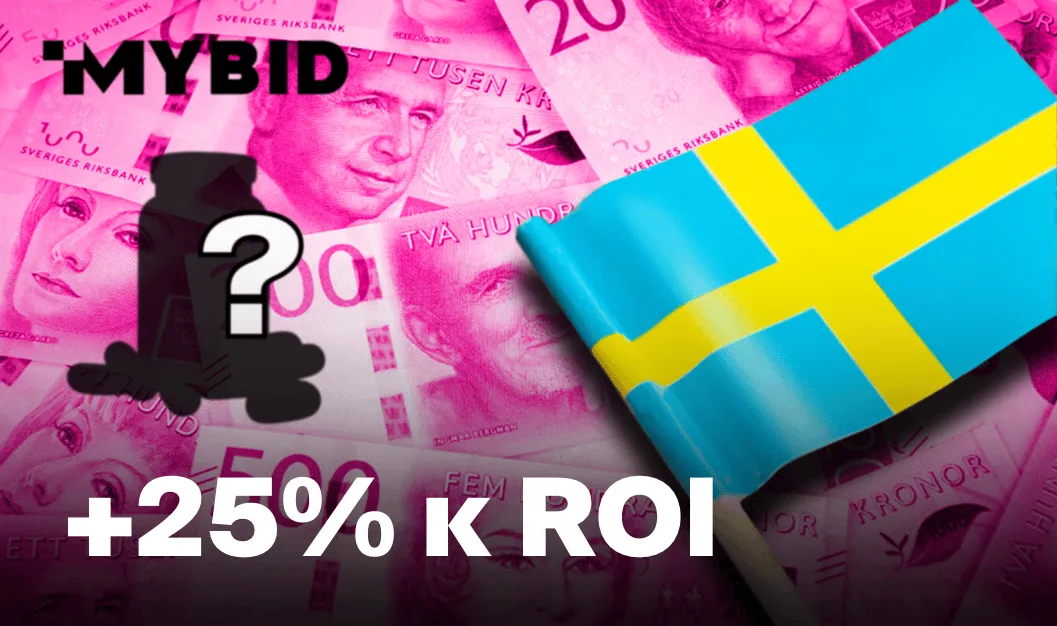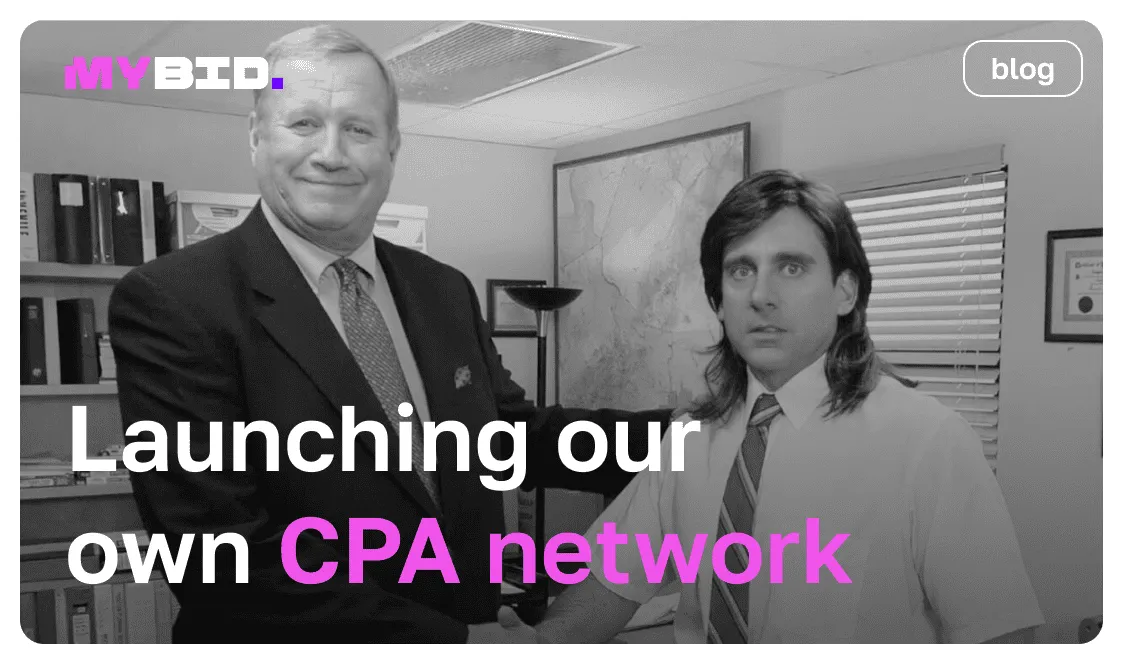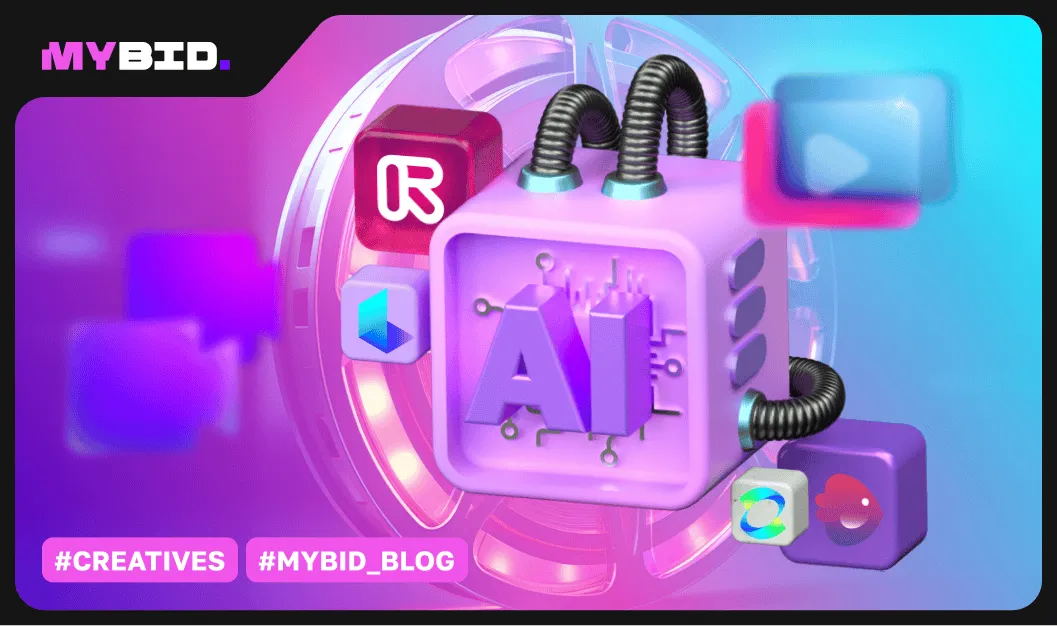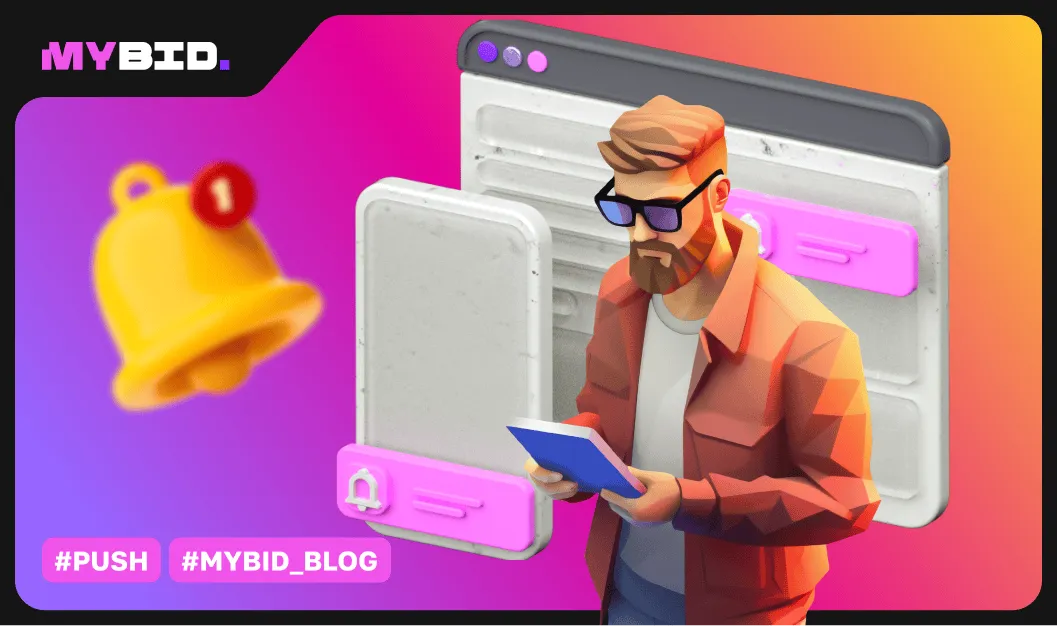The affiliate marketing industry is gaining more and more interest every year. Despite being a relatively new field, affiliate marketing has become an established part of digital marketing. However, many beginners associate it with deception and scams. It's true that scammers are often encountered in this industry, but they mostly target the affiliates themselves rather than the intended audience.
Since most affiliates bring their affiliate marketing journey by advertising through ad networks, we would like to explain the various dishonest practices that ad networks and publishers may resort to in order to earn more money from affiliates.
Popular scam methods in advertising sources
Let's take a closer look at the most common ways to deceive affiliates in advertising networks.
Bot traffic
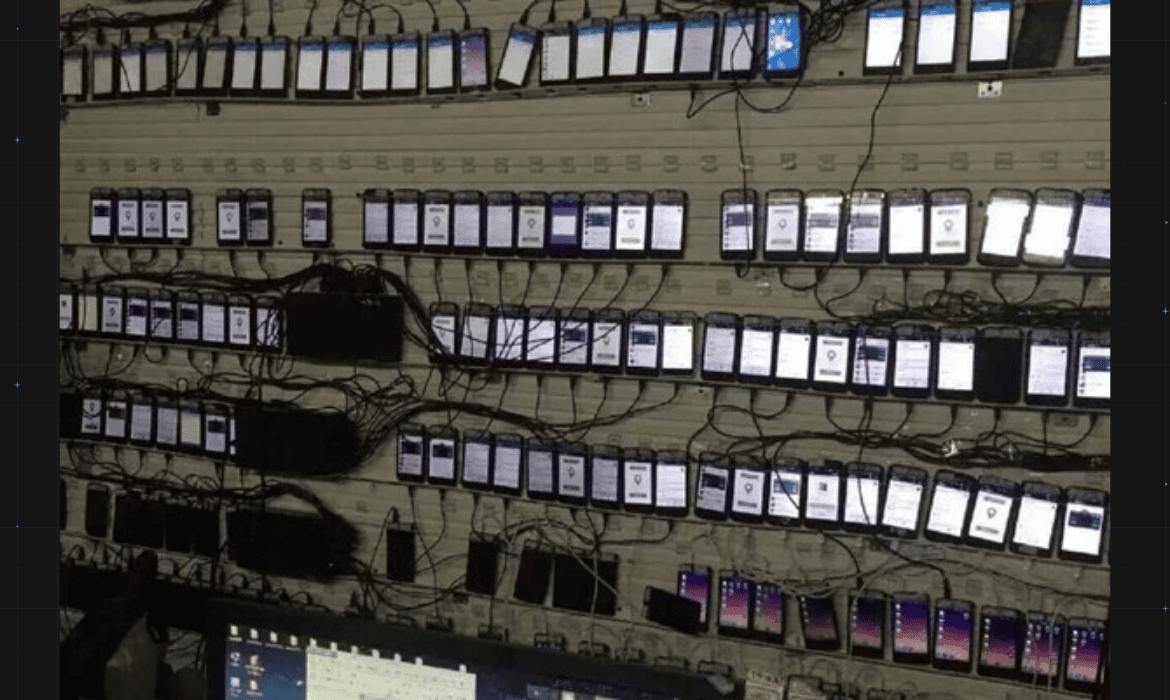
One of the easiest ways to scam affiliate marketers is through the prevalence of bots on ad networks. Some might assume that by 2023, no one is driving traffic from advertising networks anymore. However, the reality is quite the opposite. Many experienced affiliates still use these networks to invest significant amounts of money in various verticals such as dating, adult content, gambling, sweepstakes, app installs, and even insurance offers.
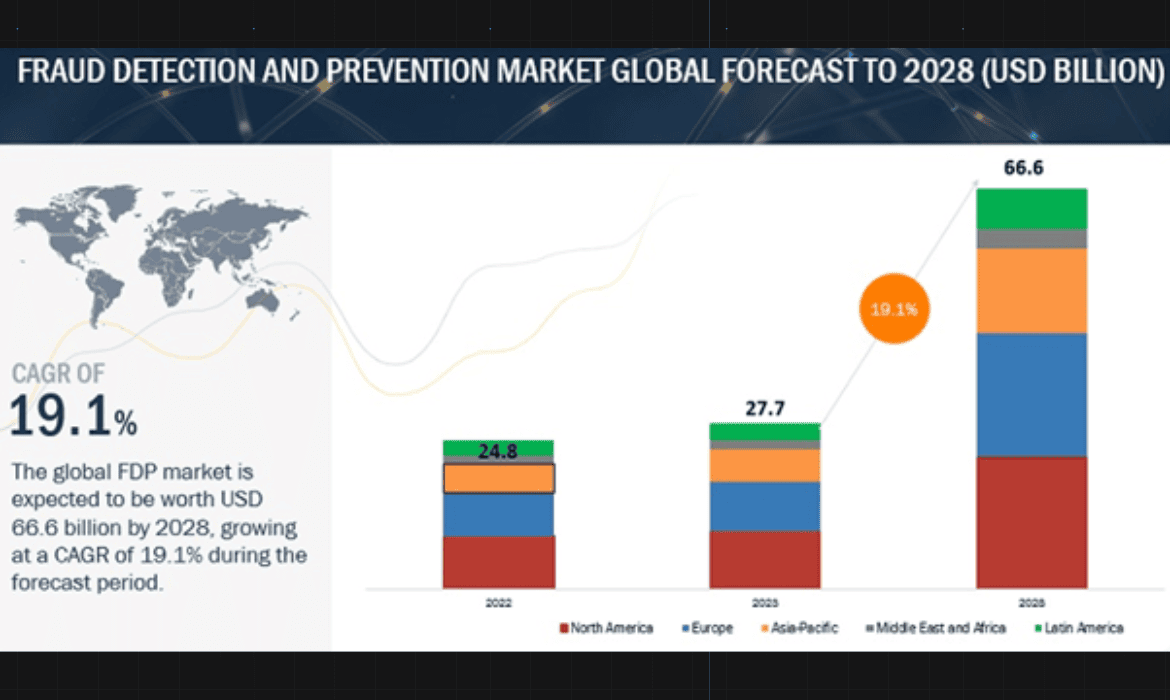
Unfortunately, a vast majority of affiliates overlook a crucial step in their work, which is selecting a reliable and trustworthy network. As a consequence, when they deposit funds into an unverified network, affiliates often face not only lost profits but also significant losses. This is because their advertising campaigns attract hordes of bots that click on ads without actually completing the targeted actions.
How to protect yourself and minimize risks:
When selecting an advertising network, it's advisable to check reviews about the network's traffic quality from other website owners and affiliate programs. You can do this by communicating with others directly, visiting relevant websites, or participating in chats.
Avoid investing thousands of dollars in ad campaigns on the first advertising network you come across. To find a network with a low rate of bot traffic (even the most reputable networks have some bot traffic from search robots), the fully-managed MyBid network suggests conducting split tests across different networks simultaneously.
Clickfraud
Some advertising networks intentionally accept sites owned by active users of fraudulent practices, known as fraud farms. These differ from bot traffic because real people from third-world countries are clicking on the advertising budget of an affiliate on specific sites.

The main problem in this case is that it's harder to differentiate this type of traffic from regular bots. By the time an affiliate or advertiser identifies this traffic, they would have already lost $200-300 (the exact amount depends on the geo and offer).
How to protect yourself:
When dealing with traditional bots, it's important to choose ad networks that employ advanced site pre-screening and traffic filters. Additionally, affiliates should use a tracker to monitor the ratio of ad impressions to clicks, conversion rate, CTR, and GEO.
If any suspicious activity is detected in an advertising campaign, such as a thousand clicks without a single user completing the desired action or registering, the affiliate can request a refund of the funds spent. However, it's unfortunate that most well-known advertising networks deny any involvement in dishonest practices and refuse to reimburse the funds. Nevertheless, networks like MyBid, which own 90% of the sites within their network, have confidence in the quality of their own traffic. They are willing to reimburse the budget spent on bots without any hesitation if the affiliate provides statistics that prove such activity.
Stealing profitable affiliate campaigns

Even in 2023, regardless of the numerous spy tools available, some advertising network managers still engage in unethical practices. They closely monitor successful affiliate marketers or teams and shamelessly copy their strategies, either implementing them within their own networks or selling them to competitors. In return, they receive lucrative bonuses.
To shed light on a lesser-known fact, it's important to understand that managers from any advertising network have access to the creative content and advertising campaigns of affiliates who buy traffic through their network.
How to avoid:
You can use services such as fully-managed ad networks, where the manager is motivated to help the affiliate make a profit. The manager takes care of setting up and optimizing the campaign, so its success relies heavily on their expertise.
Conclusion
In this article, we have listed only a few of the main types of advertising networks and dishonest publishers who deceive affiliates, along with ways to prevent wasting your advertising budget. However, new scams are constantly emerging with the goal of taking your hard-earned money.
To protect your affiliate income, it is advisable to:
Give priority to trustworthy fully-managed ad networks where the personal manager is also invested in the success of your campaign.
Take the time to read reviews from other affiliates.
Make sure to use tracking systems.
By following these steps, you can safeguard your earnings and avoid falling victim to fraudulent practices.





